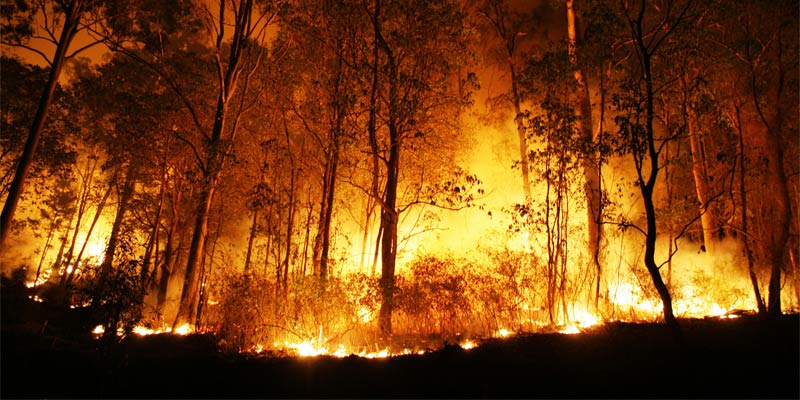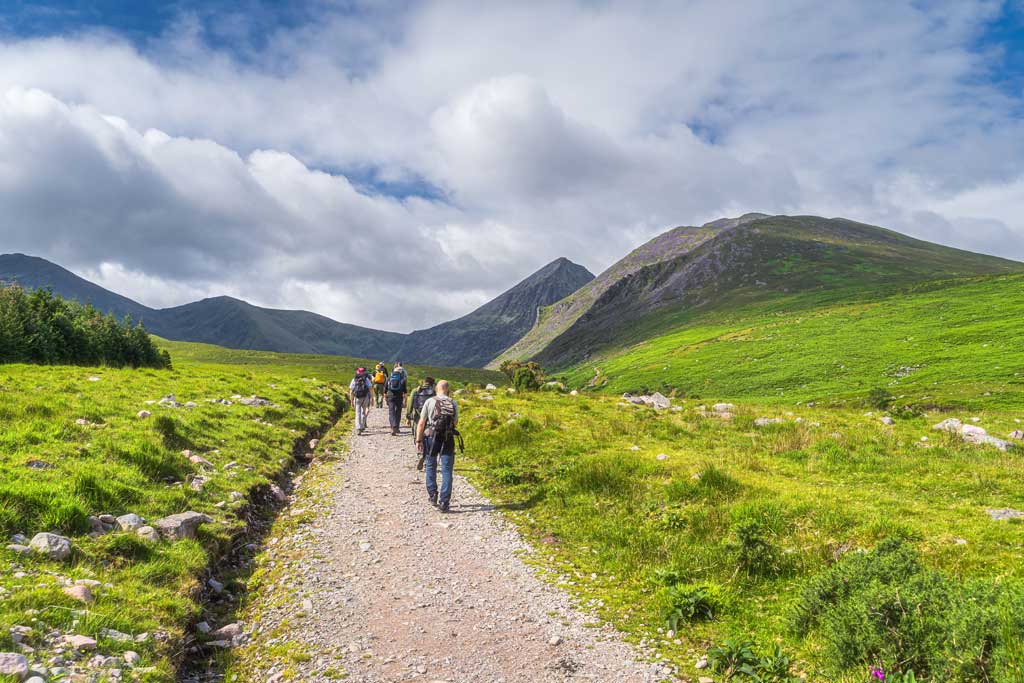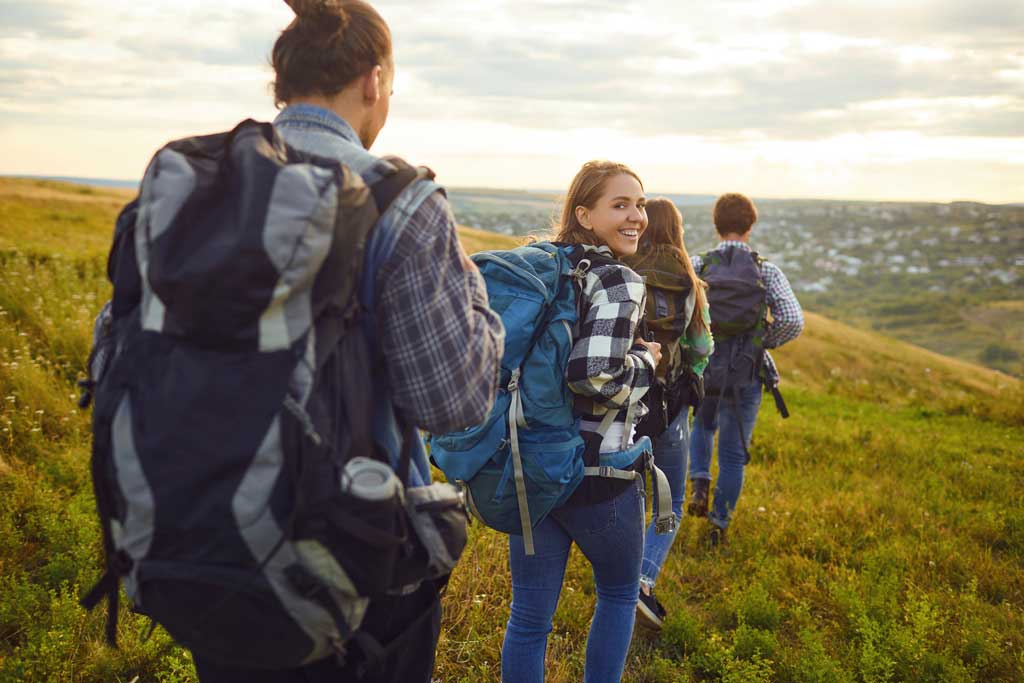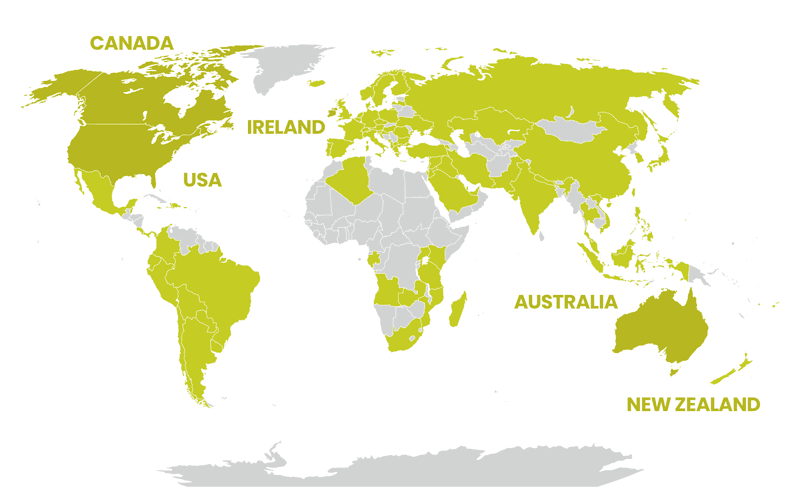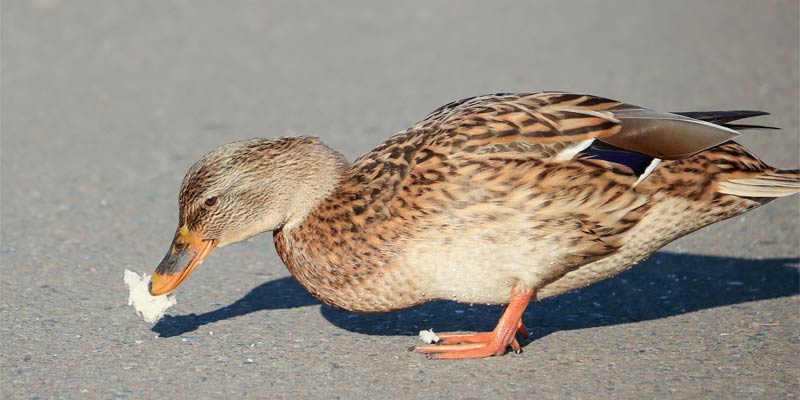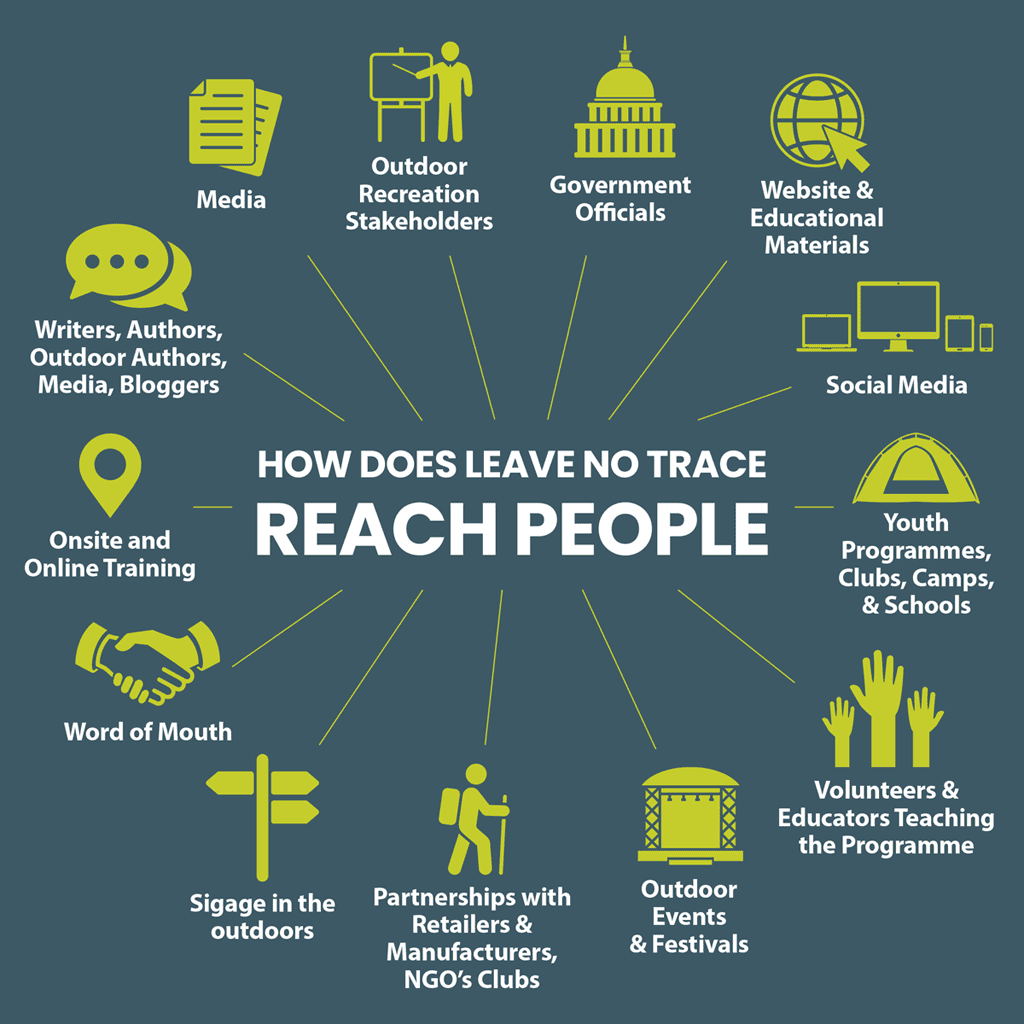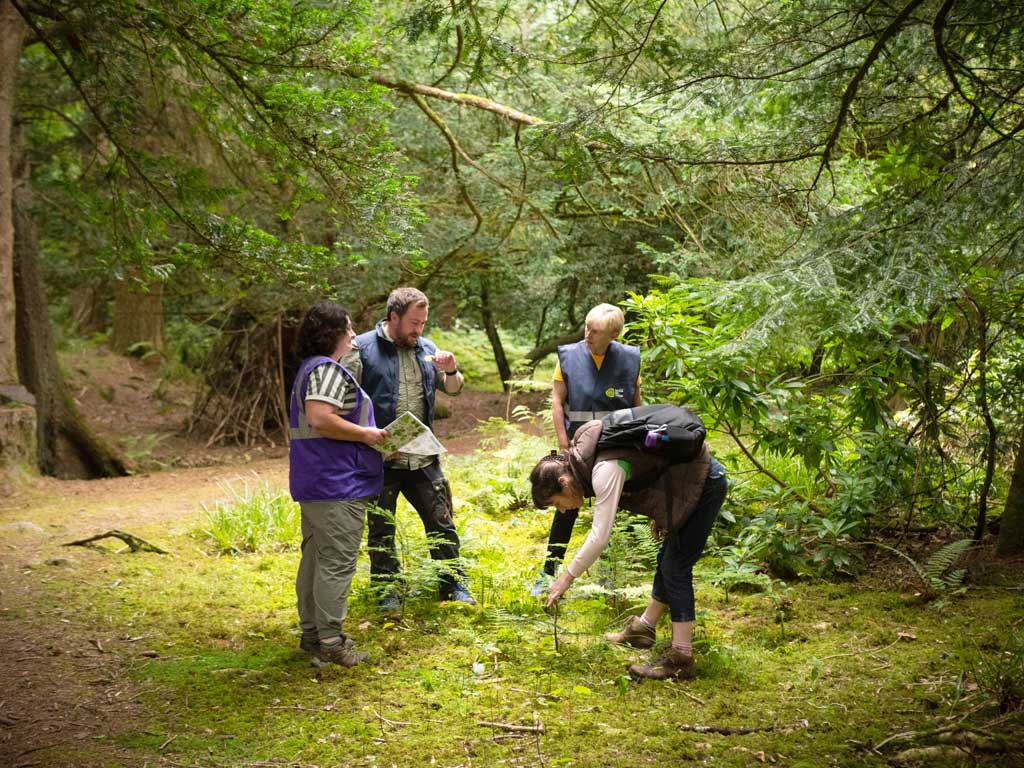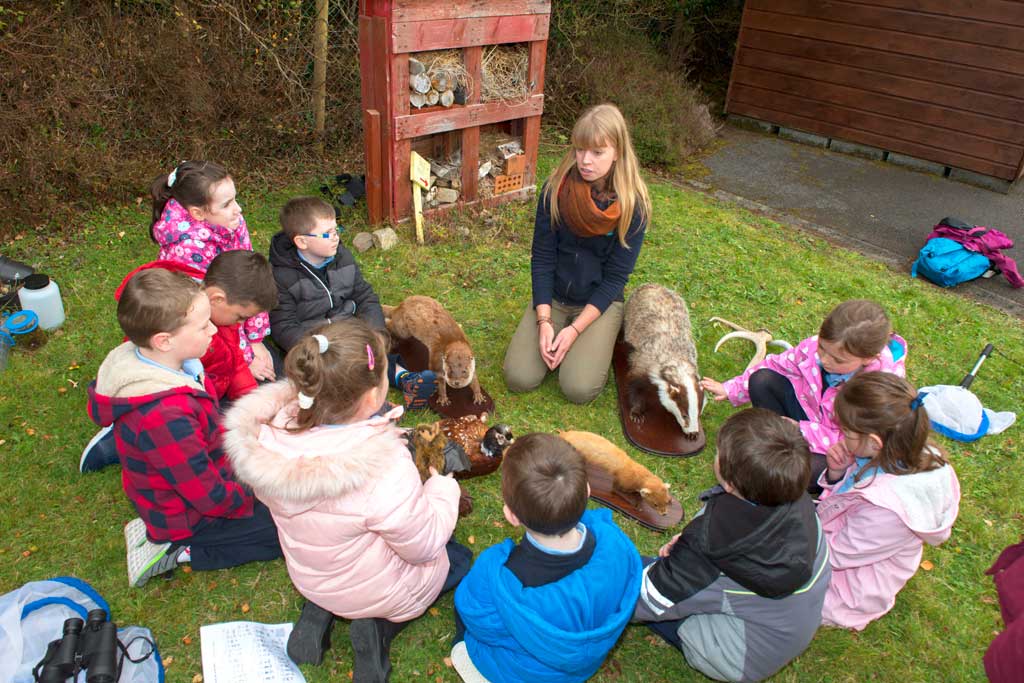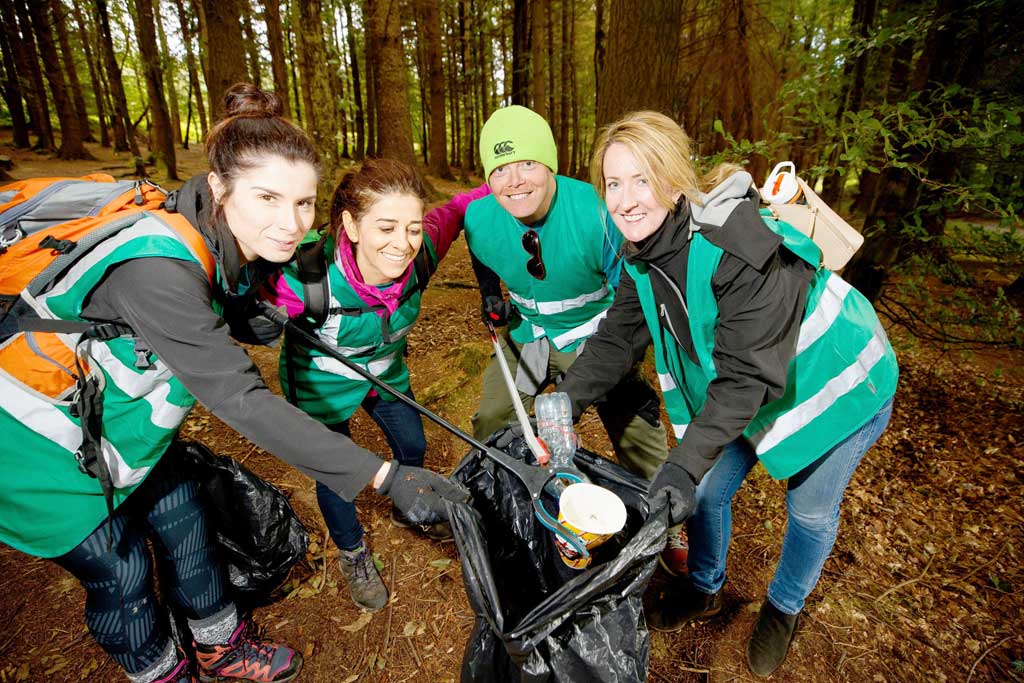In the case of campfires and barbeques, we know that camping and campfires can result in severe consequences for the environment. The damage caused by careless lighting of campfires can be significant. For example, in one case in Wexford, a single disposable barbecue is believed to be the cause of a wildfire that destroyed 13 acres of sand dune in Curracloe, and there have been more recent instances of extensive damage to land in Co. Dublin and Co. Wicklow. In a recent fire in Killarney National Park in 2021, between 2500 and 3000 hectares of the park have been impacted by the three-day blaze, an active Hen harrier nest was destroyed and the hunting grounds for 3 other pairs were lost. Countless other animals were killed.
